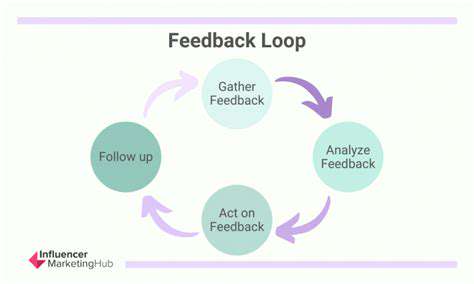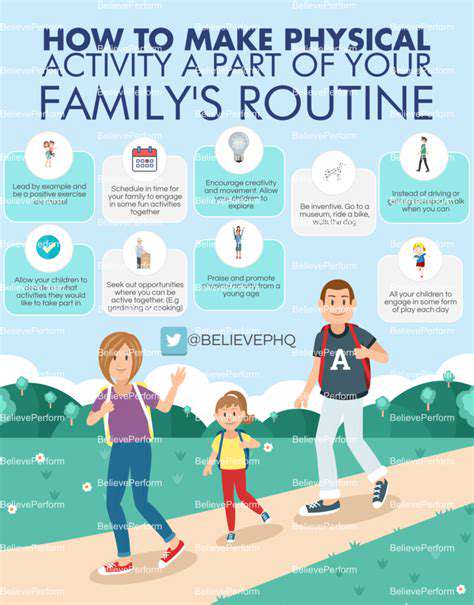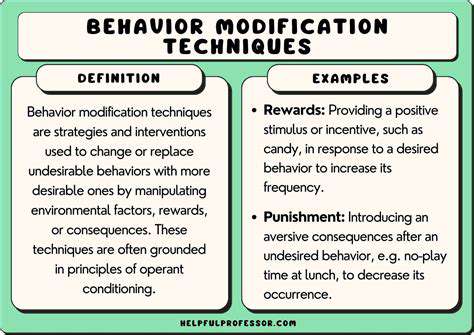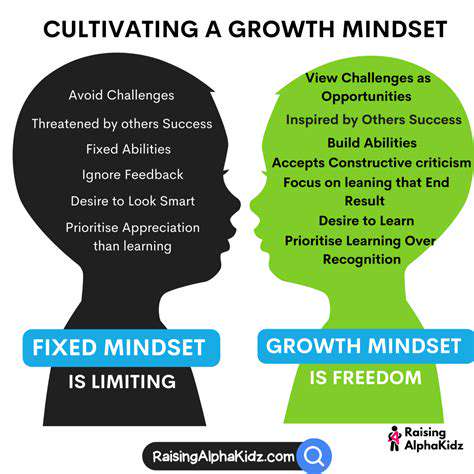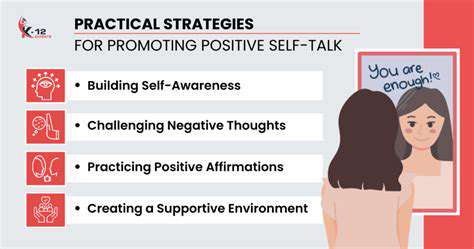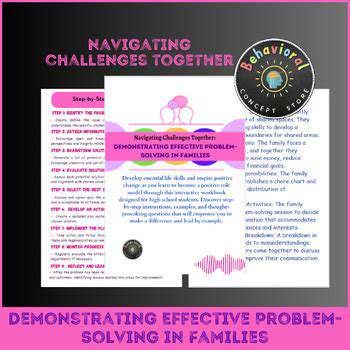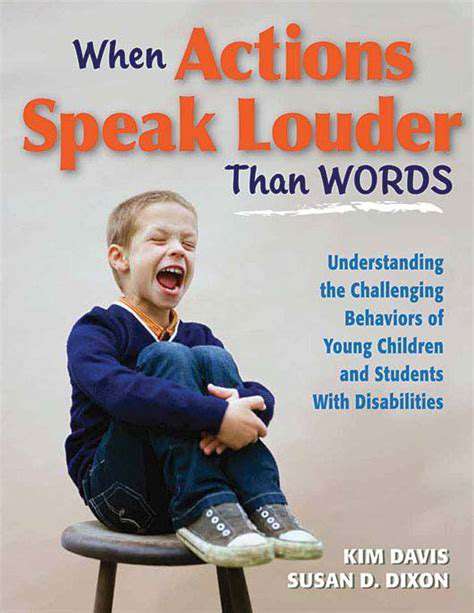Helping Kids Adapt to New Situations: Flexibility and Growth
Creating a Supportive and Flexible Home Environment
Establishing a Routine
Creating a predictable daily routine is crucial for children adjusting to new situations. A consistent schedule provides a sense of security and helps them anticipate what's coming next. This predictability reduces anxiety and allows children to feel more in control of their environment. A well-structured routine can also help with managing transitions between activities and responsibilities, making the adjustment process smoother and less stressful.
Implementing a visual schedule, using a whiteboard or a dedicated calendar, can be particularly helpful. Visual aids make the routine more tangible and easier for children to understand and follow, especially for those who are visual learners. It's important to be flexible and adjust the routine as needed, but maintaining a core structure is key.
Encouraging Open Communication
Creating a safe space for open communication is paramount. Children need to feel comfortable expressing their thoughts, feelings, and concerns without fear of judgment or reprimand. Actively listening to their anxieties and concerns is essential to understanding their perspective and tailoring support accordingly. This involves setting aside dedicated time for conversations, asking open-ended questions, and validating their emotions.
Encouraging children to express their feelings, even if they are difficult or challenging, fosters emotional intelligence and helps them develop healthy coping mechanisms. This open communication can also help identify potential triggers or stressors that might be contributing to their difficulties adapting to new situations.
Promoting Flexibility and Adaptability
A supportive home environment acknowledges and embraces the need for flexibility. Recognizing that new situations may require adjustments to routines and expectations is vital. Being adaptable as a family allows children to experience that change is an inevitable part of life and that they can adjust and thrive amidst new circumstances.
This includes being prepared to adjust plans, expectations, and even daily routines as needed. Helping children understand that flexibility is a strength, and that it allows them to navigate life's challenges with more resilience, is a key aspect of fostering adaptability.
Providing Emotional Support
Children experiencing new situations often face a range of emotions, from excitement and anticipation to fear and anxiety. It's crucial to provide emotional support and validate their feelings. This involves acknowledging their emotions without judgment and offering reassurance and comfort.
Encouraging emotional expression through creative outlets like art, music, or journaling can be incredibly beneficial. Recognizing and addressing their feelings helps children develop healthy coping mechanisms and navigate the emotional challenges of change. Modeling healthy emotional responses to stress and change within the family is also important.
Building a Strong Support System
A supportive home environment is enhanced by establishing a robust support system, both within and outside the family. This could involve connecting with family members, friends, or professional counselors who can offer additional guidance and support during this transition period.
Encouraging children to connect with peers facing similar challenges can provide a sense of community and shared experience. Seeking professional guidance when needed is a sign of strength and can provide tailored strategies for addressing specific challenges and fostering resilience. A strong support network can significantly reduce the stress and anxiety associated with adapting to new situations.



